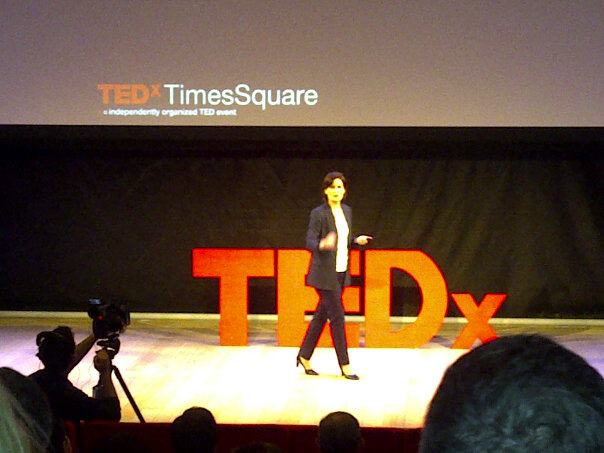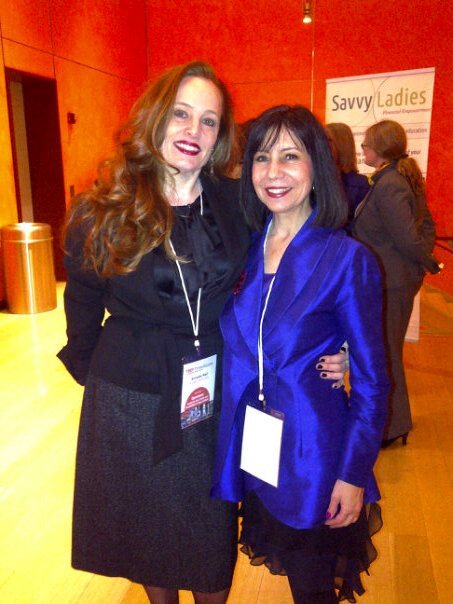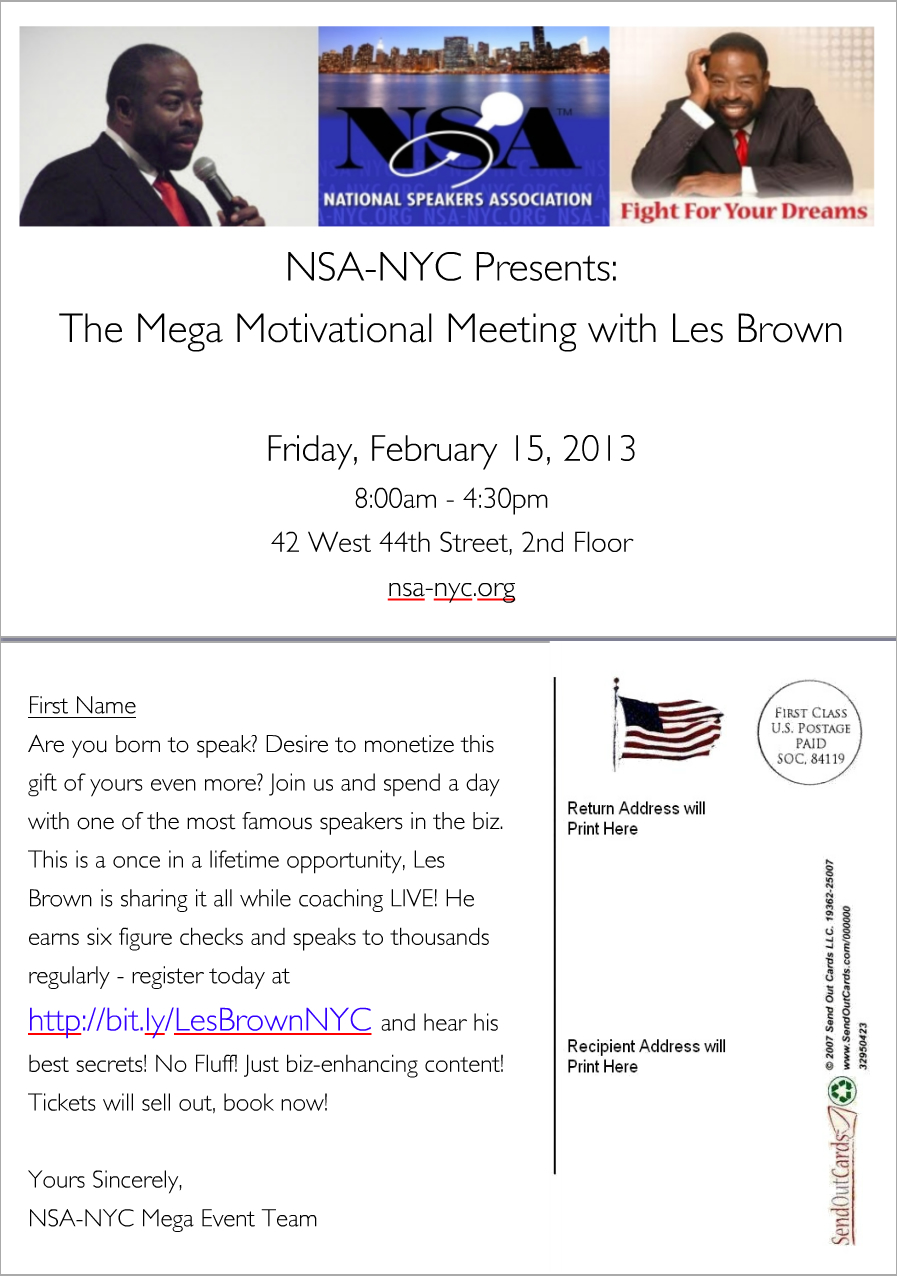Speaking is a leadership skill. This infographic represents John Maxwell's 5 Levels of Leadership. As a thought leader, he recognizes that leaders have to earn their followers. It's the same way with public speaking.

I started to reflect on the many trainings, seminars, and speeches I've given over my career. I have to say that this coordinates very well with public speaking and audiences. There is a saying in the training industry: "There are two kinds of learners: prisoners and vacationers." Actually, there are five.
Prisoners are level one. They came to listen to you because they're required to be there. Their boss sent them to learn a skill or to hear a message, and they don't want to be there. They feel like prisoners.
The second kind of learner is the vacationer. They came to your presentation willingly. Their boss most likely sent them, but they see it as time off the job. So while you're not getting open resistance, you don't have a committed audience.
At level three, people are there because they know the results that you bring to an organization. Many consultants, trainers, and professional speakers have audiences that fall into this category. They may not have experienced the results first hand, but they're aware of your competence, so they're interested in listening.
Level four is when you start to experience real influence. Because at this level, you're satisfying both organizational and personal needs. That means as a public speaker, you are meeting the objectives for which you were hired, but you're also personally liked. There's a relationship with the audience and the person who hired you. Here is where you begin to move from being a vendor to a partner. There is a trust at this level. The audience knows, likes, and trusts you.
Level five is the ultimate of professional or public speaking. Here is where you are a thought leader. Beyond satisfying organizational and personal needs, your reputation precedes you. You may even experience celebrity in a sector or niche industry. You may not be a household name, but you're a known and respected expert - someone who is an authentic leader on the platform.


 Yesterday, I attended
Yesterday, I attended 
 I read an interesting story written by
I read an interesting story written by  Vernice Armour
Vernice Armour I recently read an article by Dylan Kendall entitled, "
I recently read an article by Dylan Kendall entitled, " Professional speakers who are satisfied with the status quo will surely find their audience slipping away. Just like the car replaced the horse and buggy, dynamic, interactive presentations are replacing the talking head. Today, public speakers have to play a bigger game in order to give a
Professional speakers who are satisfied with the status quo will surely find their audience slipping away. Just like the car replaced the horse and buggy, dynamic, interactive presentations are replacing the talking head. Today, public speakers have to play a bigger game in order to give a 
 Back in September, I wrote about
Back in September, I wrote about  When I first started out in my speaking business, I was hired by American Management Association to give public seminars in public speaking and presentation skills.
One day, the program director sent around a memo stating that all AMA presenters were expected to arrive early to the class. It was not acceptable to show up at 9:00 a.m. What? Who would do that? I always arrived an hour early.
When I first started out in my speaking business, I was hired by American Management Association to give public seminars in public speaking and presentation skills.
One day, the program director sent around a memo stating that all AMA presenters were expected to arrive early to the class. It was not acceptable to show up at 9:00 a.m. What? Who would do that? I always arrived an hour early.
 On Friday, Ford Saeks spoke to the
On Friday, Ford Saeks spoke to the  Today marks the eleven year anniversary of 911. I remember it like yesterday. It was the nicest day of the year. There was a noticeable stillness in the air. I headed off to
Today marks the eleven year anniversary of 911. I remember it like yesterday. It was the nicest day of the year. There was a noticeable stillness in the air. I headed off to  A couple of years ago I spoke to an organization of business owners. Their policy was that you had to give two free three hour presentations before you could have the honor of being paid to speak. It didn't matter if you had 20 years experience,
A couple of years ago I spoke to an organization of business owners. Their policy was that you had to give two free three hour presentations before you could have the honor of being paid to speak. It didn't matter if you had 20 years experience,